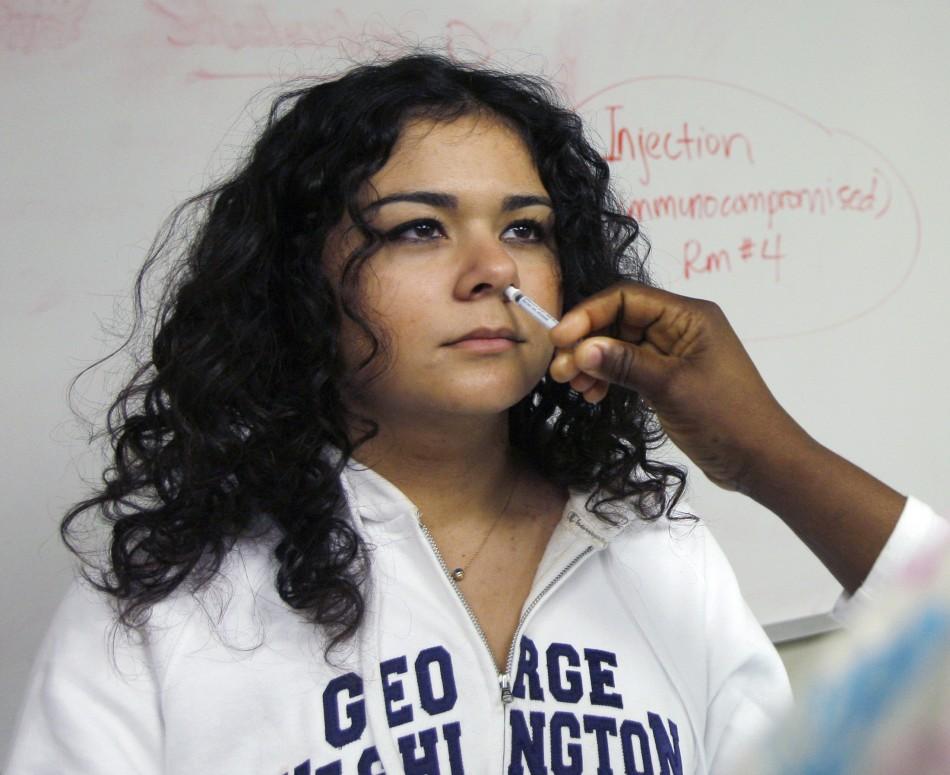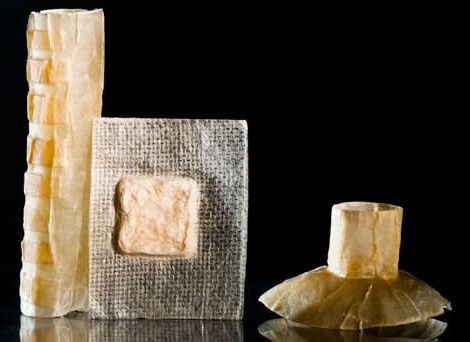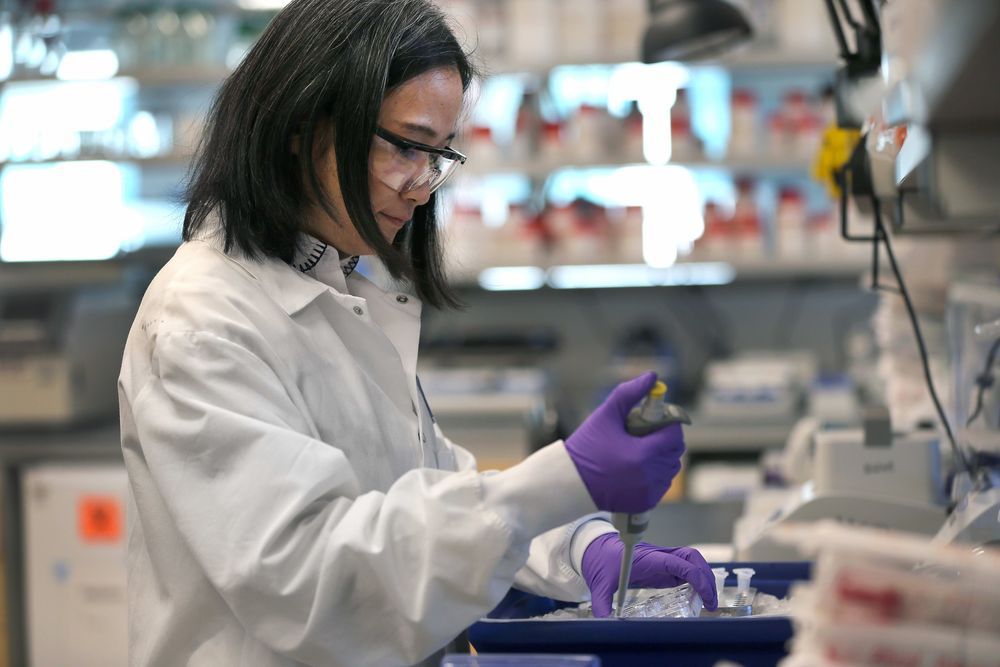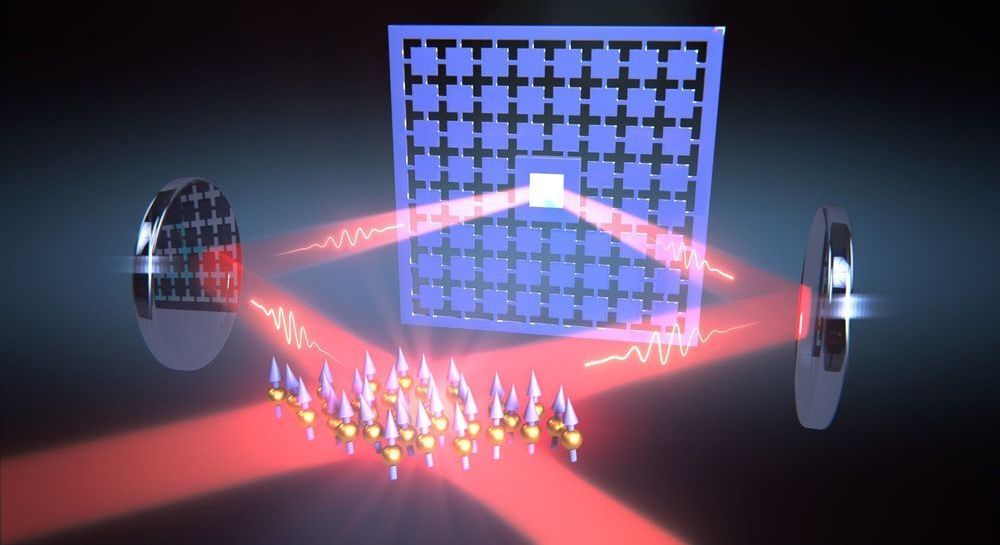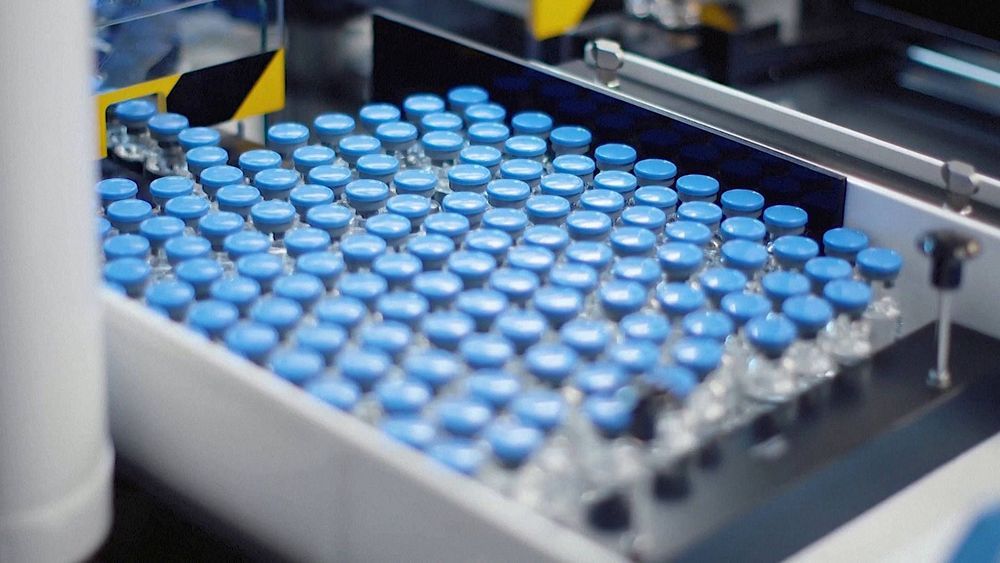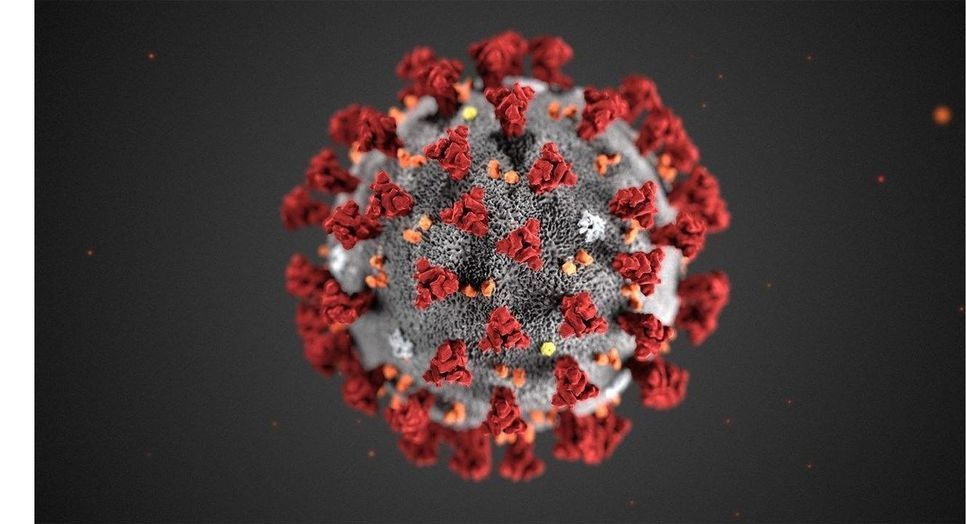Researchers at the University of Pittsburgh in collaboration with Magee Women’s Research Institute are developing a nasal spray that they say can possibly prevent a coronavirus infection.
The active ingredient used in the nasal spray is a protein called Q-Griffithsin, which is extracted from algae and tobacco plants. The researchers believe that this protein molecule will bind to the coronavirus and prevent it from infecting healthy cells.
The protein molecule was originally developed to potentially prevent several other infections. Animal studies revealed that Q-Griffithsin worked effectively against MERS, SARS, hepatitis, Ebola, and several other viruses.
